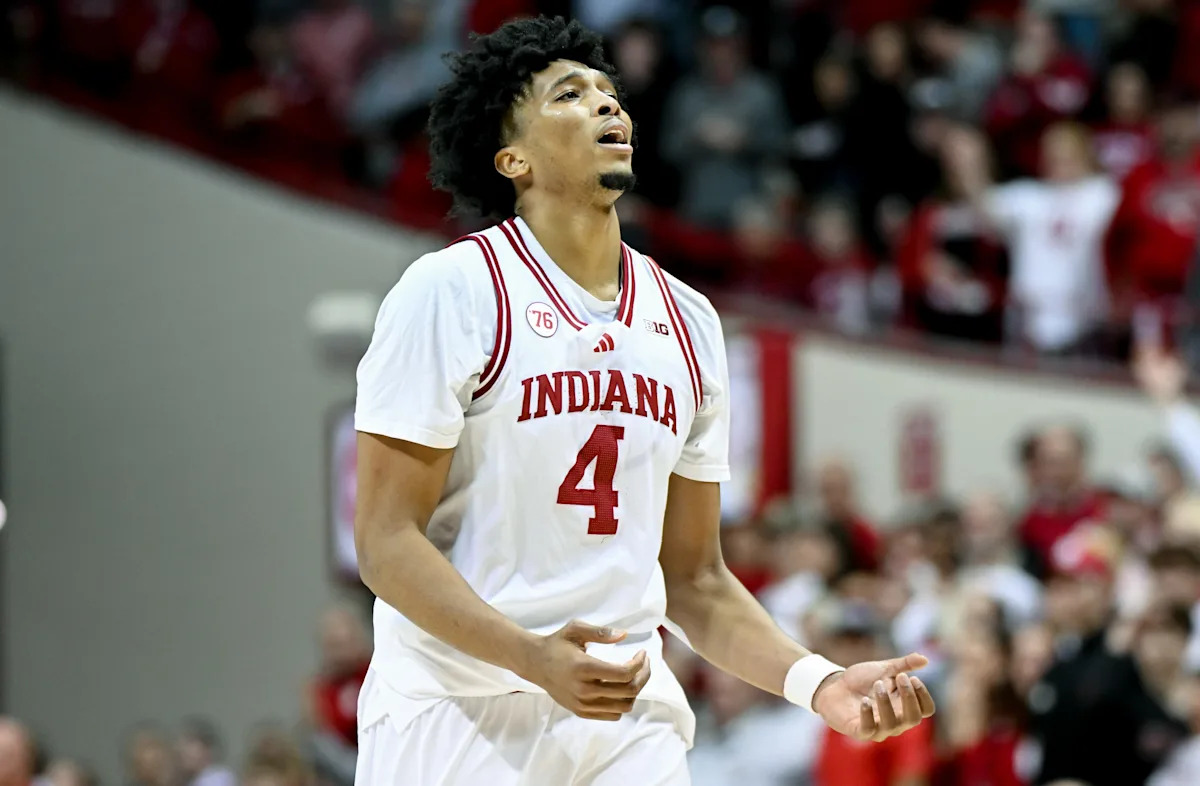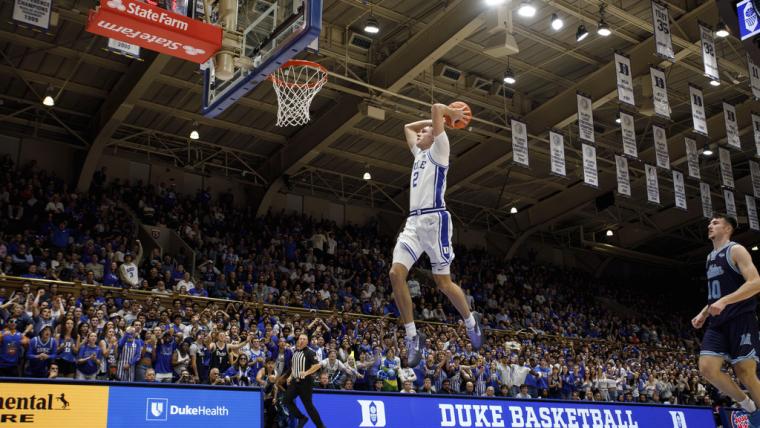Two Vanderbilt football players are among 10 former and current college athletes filing a class-action lawsuit against the NCAA, challenging eligibility rules that allow athletes only four years of participation over five years in school, an attorney announced Tuesday.
The antitrust complaint filed in U.S. District Court in Nashville says that NCAA rules unfairly restrict opportunities for athletes to earn money during their time in college.
“Now that college athletes can benefit financially from commercial use of their name, image, and likeness — and, starting this year, from compensation paid by NCAA member schools directly — forcing the athletes to forfeit a year of eligibility is an anticompetitive restraint on their earning potential,” said the plaintiffs’ attorney Ryan Downton in a news release.
Current Vanderbilt linebacker Langston Patterson and defensive lineman Issa Ouattara are among the plaintiffs, along with former Hawaii quarterback Brayden Schager. Downton has also represented Vanderbilt quarterback Diego Pavia in his successful challenge of NCAA rules regarding junior college years. Pavia, who began his college career in juco, won a temporary injunction in a narrow ruling that allowed him and others with such circumstances to compete in college this year.
About 30 more lawsuits have followed challenging various aspects of NCAA eligibility, producing a variety of rulings, many in favor of the NCAA. The latest lawsuit is not asking for eligibility rules to be thrown out altogether; rather, it’s seeking to change the “redshirt” rules, which permit athletes to practice, train and play in a limited number of games in their sport for one of five seasons, instead of allowing full participation over all five years in college.
News: A group of athletes, led by two Vanderbilt football players, has filed a class action lawsuit to challenge the NCAA’s redshirt rule, saying athletes should get all five years to complete.
The co-lead counsel is Ryan Downton, the lawyer who represented Diego Pavia. pic.twitter.com/1YTFHRnfwz
— Chris Vannini (@ChrisVannini) September 2, 2025
It’s an idea the NCAA itself has been weighing for more than a year, Downton pointed out in a statement: “We are not challenging the NCAA’s rule limiting players to five years of eligibility to play college sports or the concept of a defined eligibility period generally. But the NCAA has no basis to prohibit a player who is working just as hard as all of his teammates in practice, in the weight room, and in the classroom, from stepping on the field (or court) to compete against another school in one of those seasons. Five years to practice, five years to graduate, five years to play.”
The NCAA has been examining eligibility rules, but taking action has been complicated by myriad other changes in college sports. The power conferences and the NCAA have been rewriting the rulebook and implementing an entirely new governance structure to support a revenue-sharing system that was part of a $2.8 billion antitrust lawsuit settlement. The settlement was approved in June.
(Photo: Mitchell Layton / Getty Images)

























